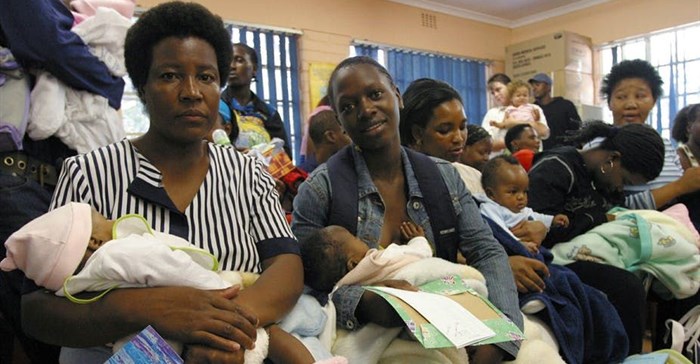
Top stories






More news














In 2017, the City of Joburg started extending its clinic hours at 13 of its 81 clinics, which close at 6pm instead of 4pm. But a resolution passed by the council means that the service will be extended at clinics elsewhere. Health and medicine editor Candice Bailey spoke to Professor Laetitia Rispel about the pros and the cons of setting up a 24-hour clinic service.
There are three reasons why, in principle, the idea of extending clinic hours is a good one.
Firstly, it increases access for the working population.
Secondly, it means that people are able to access services at a more appropriate level. Let’s take an average person who works in a shopping centre as a cashier or a cleaner. They depend on the public healthcare system. If their closest clinic closes at 4pm in the afternoon they have to use private health providers. But because they have limited cash they choose to go to outpatient facilities at hospitals. As a result, hospitals become overburdened because they also have to provide care for ill patients in wards, deal with medical emergencies and serious accidents. In 2016/17, the hospitals dealt with around 5 million visits to the outpatient departments.
And thirdly, illness doesn’t keep to office hours. People get ill at night and need medical care. If a clinic was open they would be able to see someone after hours.
There are close to 100 clinics in Johannesburg. Some fall under the auspices of the City of Johannesburg while others are community health centres run by the Gauteng province. Of these 81 fall under the City of Joburg.
The community health centres run 24 hours a day and are better equipped than the city’s clinics. They have midwife obstetric units and provide a comprehensive range of services including x-rays and rehabilitation. Some also employ doctors.
The city is now planning to open its own run clinics 24 hours a day. At the moment these are only open for eight hours a day and only have nursing staff, with weekly visits by doctors.
From a logistical point this could be done. But running services on a 24-hour basis is a costly exercise and to implement it properly the city would need to plan carefully. The financial implications could provide the biggest obstacles.
There are a few things it should consider. Firstly, it would not be necessary for all the services to be rolled out on a 24-hour basis. Vaccinations, for example, do not need to be administered at midnight. But there are certain types of services that should be available on an ongoing basis like maternity services.
Secondly, the clinics would need to be properly staffed to ensure that health professionals get the necessary breaks.
Another thing to consider is that given the urban setting and the crime rates in Johannesburg, they would also need security services on a full time basis.
And lastly, the operation would also need admin services on board to be truly efficient.
The city’s clinics don’t function as well as they should, because of under-investment in primary healthcare services.
Many are poorly staffed and there aren’t enough medical doctors to support them. Nurses are at the coalface: they work under difficult conditions and often don’t have doctors to bounce ideas off on how to support patients with more complicated conditions.
There are often long queues and the clinics run out of essential medication. As a result, it’s not uncommon for people to visit a clinic but leave without the appropriate treatment.
In many clinics there are also structural problems – inadequate waiting space for patients, lack of backup generators, or access for disabled individuals.
It will be complicated. Given that these two sets of clinics are administered by different levels of government there isn’t much coordination between them. What complicates even more is that the province is run by the African National Congress while the city of Johannesburg is run by a coalition of parties led by the Democratic Alliance.
![]() They would need to work together if it’s ever going to work. Primary health care – as the first point of call for all people – needs health care authorities to work together.
They would need to work together if it’s ever going to work. Primary health care – as the first point of call for all people – needs health care authorities to work together.
This article was originally published on The Conversation. Read the original article.

The Conversation Africa is an independent source of news and views from the academic and research community. Its aim is to promote better understanding of current affairs and complex issues, and allow for a better quality of public discourse and conversation.
Go to: https://theconversation.com/africaLaetitia Rispel, Professor of Public Health and DST/NRF Research Chair., University of the Witwatersrand